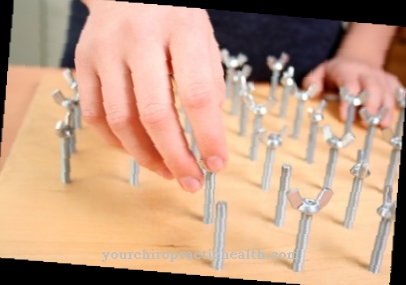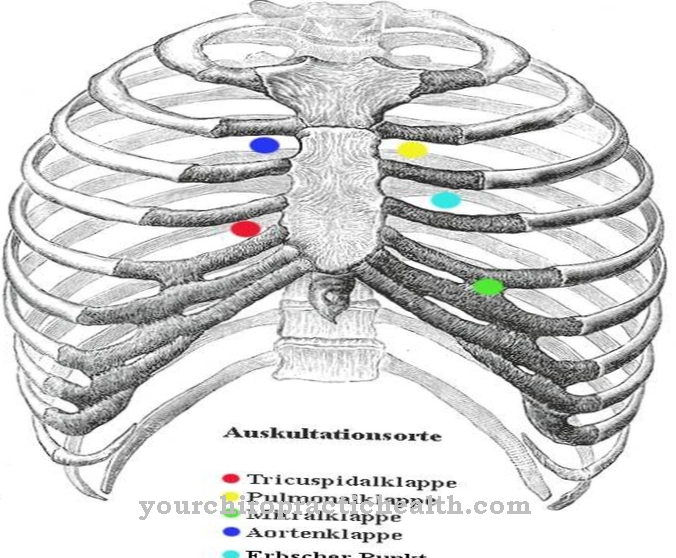A Mushroom poisoning or also professionally Mycetism is poisoning from poisonous mushrooms. In most cases, incorrect knowledge of forest mushrooms leads to the confusion of edible mushrooms with poison mushrooms that are then consumed. Typical symptoms of poisoning such as severe stomach pain, nausea and vomiting then occur. A doctor should always be consulted as soon as possible in the event of suspicion.
What is mushroom poisoning?
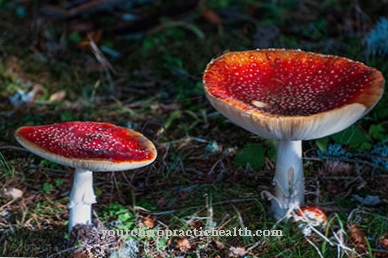
© xflahaut - stock.adobe.com
If you eat poisonous or harmful mushrooms, you can Mushroom poisoning, in technical language Mycetism called, get. This is due to mushroom toxins, which can cause severe symptoms of poisoning even in small quantities. The main symptoms of mushroom poisoning are severe nausea, cardiovascular problems, and dizziness. Fungal poisoning can be fatal, which is why quick first aid and immediate medical treatment are extremely important.
causes
How do you get one Mushroom poisoning? People who collect mushrooms themselves in the forest are particularly at risk. Laypeople can usually not distinguish easily digestible edible mushrooms from poisonous mushrooms. Mushroom poisoning is caused by fungus toxins found in, for example, toadstools and green amanita mushrooms.
There are around 10,000 species of mushrooms in the forest. Of these, however, only 1000 are really digestible, but they are difficult to distinguish from the poisonous. You can also get mushroom poisoning by eating raw, spoiled or warmed up mushrooms.
How often and how many people suffer from mushroom poisoning on average is not known, because not every case is reported in poisoning centers and there is no central reporting point in Germany only for mushroom poisoning. It is said, however, that around ten percent of all reported poisoning was caused by fungi.
Symptoms, ailments & signs
Depending on the type of toxin ingested, mushroom poisoning can manifest itself through very different symptoms within a few hours to ten days. The most common disorders of the digestive tract occur, typical are nausea, vomiting, diarrhea and severe abdominal pain. Sweating, dizziness, palpitations, breathing difficulties and balance disorders are also characteristic, some fungal toxins trigger states of confusion and perception disorders.
The majority of mushroom poisoning is comparatively harmless and heals after overcoming the gastrointestinal complaints without any consequential damage. In individual cases, such as poisoning by the highly poisonous death cap mushroom, massive functional impairments of the liver occur after a temporary phase of improvement: In addition to some unspecific symptoms such as decreased performance, tiredness and anorexia and a recurrence of gastrointestinal symptoms, yellowing of the skin indicates and eyes (jaundice) for the onset of liver decomposition.
Internal bleeding is possible as a result of a blood clotting disorder. Depending on the severity of the poisoning, the blood test shows a more or less strong increase in urinary substances and liver enzymes. Poisoning with some types of veils can manifest itself after up to 14 days with nausea, vomiting, headache, muscle and joint pain and chills - severe thirst and an increased urge to urinate indicate massive kidney damage in the further course.
Course of disease
What if you get a Mushroom poisoning Has? Depending on which fungal toxins and how much you have eaten, it can either lead to severe symptoms and death within minutes or it takes several days for symptoms to become visible and noticeable.
The symptoms of mushroom poisoning are varied; those affected often suffer from diarrhea, nausea and vomiting, dizziness, impaired perception, shortness of breath and sweating.
These symptoms can appear quite quickly within half an hour or even after a few days. Food allergies and food intolerances must of course be differentiated from mushroom poisoning.
Complications
Fungal poisoning caused by improper preparation or consumption of slightly toxic mushrooms is similar in its symptoms to gastrointestinal upset and usually heals within a few days without complications. Since the course cannot be foreseen in the early stages, a doctor should still be consulted if you feel unwell after consuming mushrooms.
Mushroom poisoning can be life-threatening if poisonous death cap mushrooms are eaten: Complications such as liver failure, kidney failure and internal bleeding do not appear until days later after an initial improvement, even rapid medical intervention does not always lead to success. Survivors often suffer from severe kidney weakness and are often lifelong dependent on dialysis; if the liver fails, a liver transplant may be necessary.
The poison of some veils can also cause life-threatening kidney damage, which can only be treated with permanent dialysis or a kidney transplant. Some mushrooms, such as toadstool or panther mushroom, have a strong toxic effect on the nervous system.
After mental deficits such as speech disorders, hallucinations and general restlessness, without medical treatment, it comes to a fatal respiratory failure. Other complications of mushroom poisoning are palpitations, high blood pressure, profuse sweating, circulatory problems and shortness of breath - with some types of fungus these symptoms are intensified or only triggered by the simultaneous consumption of alcohol.
When should you go to the doctor?
A doctor should always be consulted in the case of mushroom poisoning. In the worst case, mushroom poisoning leads to death or other serious complications that can significantly damage the internal organs. In an emergency, an emergency doctor should be called or the hospital should be visited directly. The earlier mushroom poisoning is diagnosed and treated, the more likely it is that the disease will progress positively and that it will be completely cured.
The doctor should usually be consulted if the person concerned experiences severe pain in the abdomen and indigestion after eating mushrooms. This can also lead to breathing difficulties or palpitations, and some people may lose consciousness. Likewise, sweating or panic attacks can indicate mushroom poisoning and should be examined by a doctor if these symptoms occur after eating mushrooms. Flu-like symptoms that could indicate the disease are also common. In many cases, patients also experience vomiting or diarrhea. If the stomach problems do not go away on their own, a doctor must be consulted.
Mushroom poisoning can be treated by a general practitioner or in a hospital. In most cases the disease progresses positively.
Treatment & Therapy
How does a Mushroom poisoning treated by the doctor? In addition to the symptoms of poisoning just described, kidney and liver damage can also occur, which then become life-threatening. It is therefore important to tell the doctor treating you that you have eaten mushrooms in order to be able to differentiate the symptoms from food poisoning, for example.
It would be ideal if you still have remnants of the fungus or vomit so that the doctors can determine more quickly what type of mushroom poisoning it is. Treatment with home remedies is absolutely not recommended! Depending on the severity of the poisoning, only the symptoms are treated.
In the case of severe poisoning, the stomach is flushed or pumped out and activated charcoal is given to remove the fungal toxin from the body. Depending on which fungal toxin caused the symptoms, there are also antidotes.
When collecting mushrooms, you should therefore pay attention to certain things. You should only take mushrooms that you really know. If in doubt, mushrooms should be left standing. Mushroom identification books or advice from a trained mushroom advisor are helpful. The collected mushrooms should be transported in an airy container and not, for example, in plastic bags.
If you are inexperienced, you should only pick mushrooms from the boletus family. These have a so-called sponge or hat and are usually non-toxic. When cooking, care should be taken not to cook the mushrooms for more than 15 to 20 minutes.
Outlook & forecast
Real mushroom poisoning can lead to death in a very short time. The more toxic the mushroom, the worse the prognosis. Prompt medical treatment is essential to prevent serious physical damage.
Secondary mushroom poisoning is uncomfortable, but far less dangerous to the body. Most secondary fungus poisoning heals up without consequences. The discomfort can last for several days and make the affected person very weak.
The later the symptoms of poisoning set in, the longer the poison can act in the body. The risk of permanent organ damage increases. In the event of damage to internal organs, outpatient follow-up treatment is mandatory. The same applies if the patient is completely powerless due to the mushroom poisoning. Regular follow-up checks reduce the risk of permanent functional impairment in internal organs.
In order to support the success of the treatment, food abstinence is advisable. The digestive system should be spared and relieved for as long as possible. A diet should be built up slowly, preferably with easily digestible light foods. Avoid dairy products. If the mushroom poisoning led to diarrhea, the loss of fluids must be made up.
With timely treatment and absolute protection, complete healing can be expected.
Aftercare
The aim of follow-up care is basically to prevent the recurrence of a disease and thereby avert life-threatening consequences. This is what we know from tumor diseases, for example. Doctor and patient arrange regular check-ups for this. After the first mushroom poisoning, however, these preventive measures fall under the sole responsibility of the sick person.
He refrains from collecting and consuming unknown types of mushrooms. This provides adequate protection against a new disease. Furthermore, aftercare can aim at long-term treatment. It is always necessary when a disease does not go away at all or does not go away for months or years. However, these scenarios are generally an exception.
Fungal poisoning treated early usually does not require follow-up care. The patient can continue his life without restrictions. In view of the freedom from symptoms, there is no medical reason for further treatment. In contrast, consequential damage rarely remains. These mainly affect the liver and kidneys.
This results in further treatments and examinations on a regular basis. They are used for the early detection of complications. A transplant may even be necessary. In addition to imaging tests, doctors also do blood tests. The rhythm of aftercare depends on the individual complaint status.
You can do that yourself
Mushroom poisoning is a medical emergency that usually requires immediate medical attention. However, it can take some time from eating the mushrooms until the first symptoms appear. Edible mushrooms can also cause discomfort if they were spoiled during preparation.
For self-help, it is important to initiate medical measures as early as possible if there is even the slightest suspicion of fungal poisoning. Even before a doctor or the nearest hospital is visited, it can be useful to call the poison control center. Because there are toxicologists, trained experts in poisoning, available to answer questions.
If the doctor or the hospital is visited, it is advisable to take leftovers of the mushroom meal with you. Because from the mushroom components it is usually easy to see whether it is real poisonous mushrooms or a rotten mushroom meal. In the case of the very poisonous death cap mushroom, a symptom-free period of several hours can occur, but in this important time window, nerves and organs are already permanently and irreversibly damaged. Even after the symptoms have subsided, it is still advisable to consult a doctor or an emergency doctor. At the latest when manifest symptoms such as clouding of consciousness, increased pulse rate, sweating, vomiting, diarrhea or gastrointestinal cramps occur, a doctor or a hospital should be consulted immediately. Toxicologists also advise not to provoke vomiting if fungal poisoning is suspected.


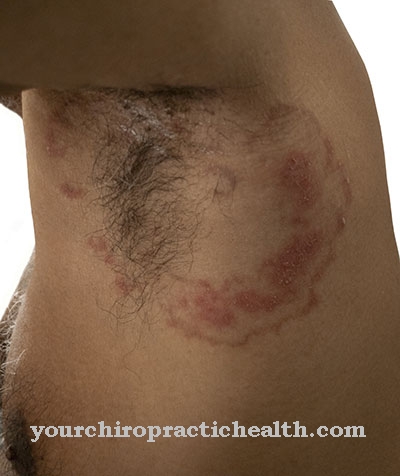
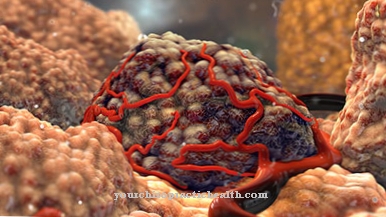
.jpg)

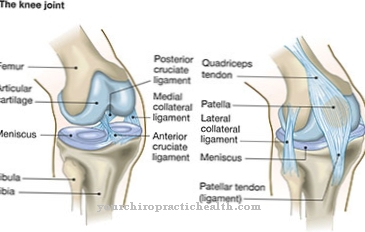

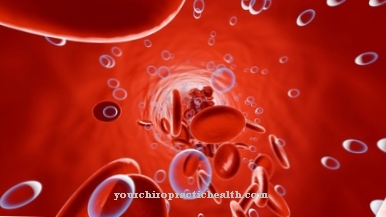

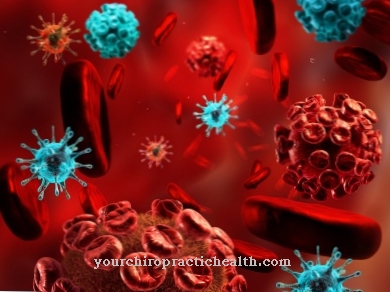

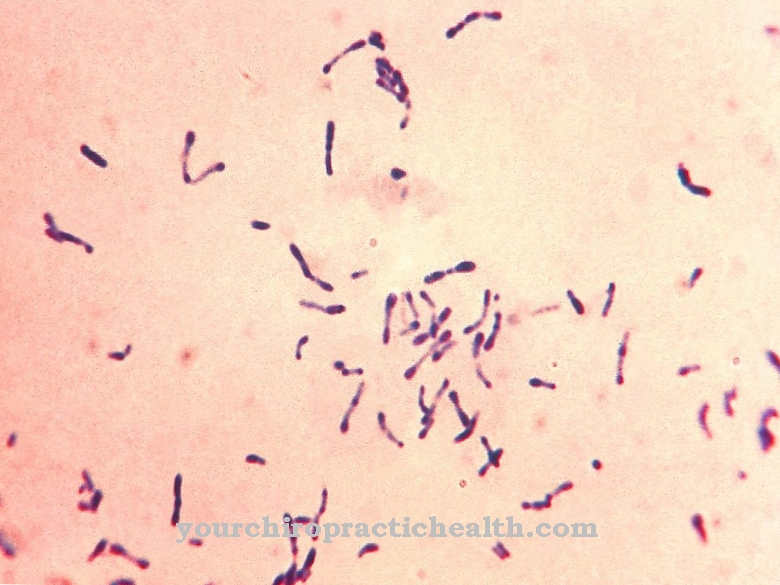
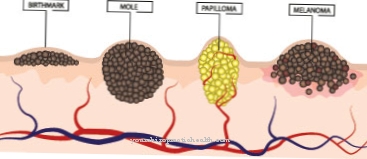

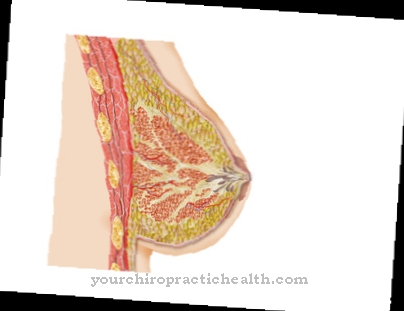
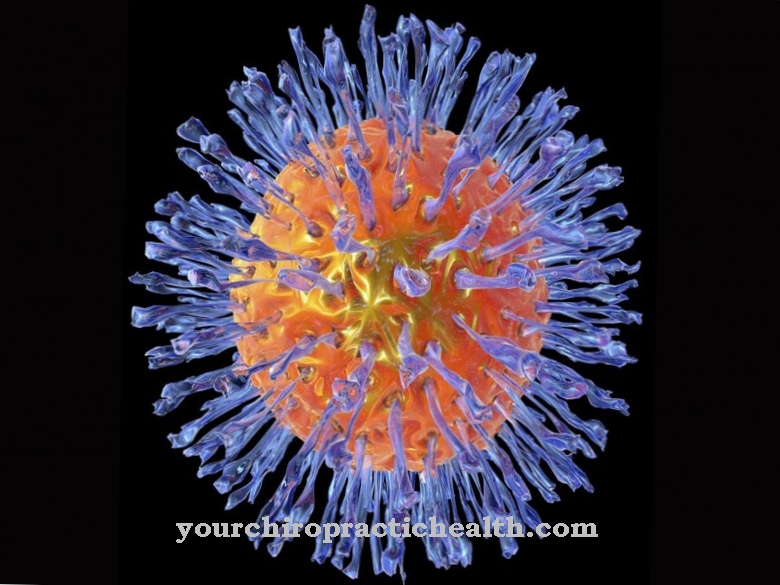


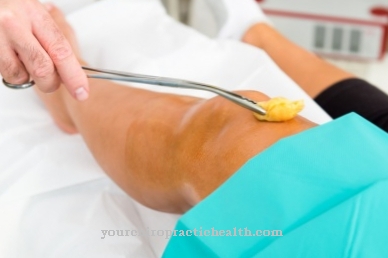


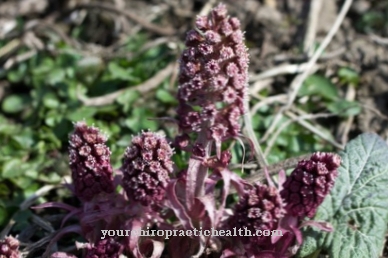
.jpg)
.jpg)
